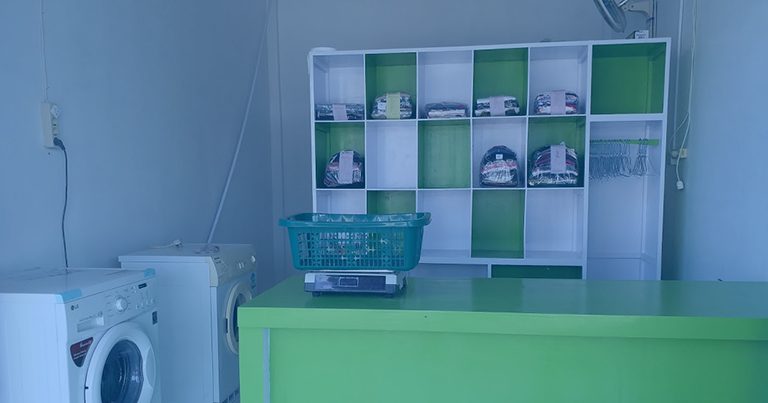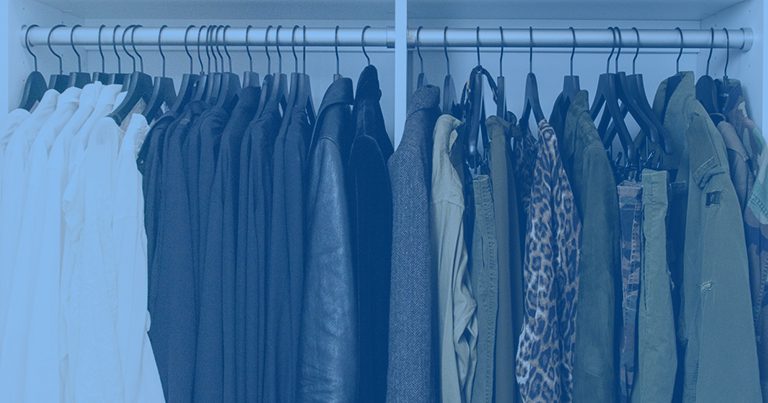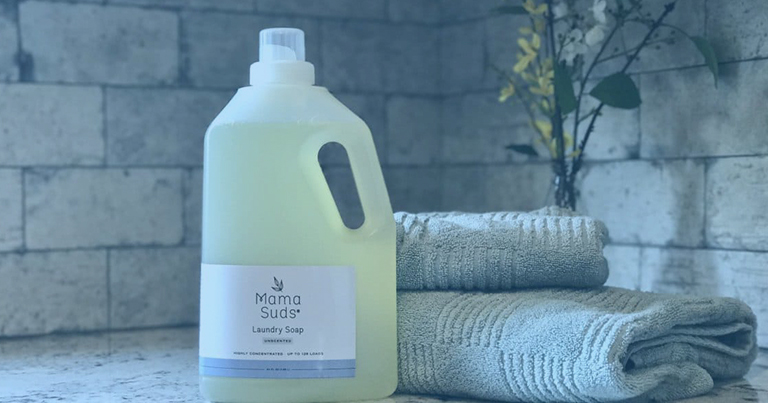When it’s piling up on you, nothing seems more mundane than laundry day.
Yet as much as a routine as it may be for most of us, this seemingly innocuous everyday task actually has some far reaching implications.
The uncomfortable truth is that our desire for fresh clean clothes is actually a bit of an environmental burden.
Even though washing machines and dryers have made laundry a painless affair, doing your laundry still isn’t free. And it won’t be any time soon.
The reason why is simple enough: doing laundry consumes important resources, like electricity, water, and laundry detergent.
In the process, all of our modern laundry equipment produces some pollution. Greenhouse gasses are released to generate the electricity necessary to operate these devices, devices which also produce wastewater as a byproduct.
What’s more, waste in the form of detergent packets, fabric softener sheets, and dozens of other laundry products -- as well as discarded washers and dryers -- often end up damaging the environment in the form of litter.
Fortunately, for the eco-conscious citizens of the Earth who love a clean shirt, there is a new laundry philosophy to help minimize the impact of our addiction to clean clothes.
What Is Green Laundry?

Green laundry is a new movement of environmentally conscious laundry practices designed to make washing your clothes a much greener and more sustainable process.
Using a few simple techniques and an approach to laundry which emphasizes the importance of your environmental impact over the expediency of your laundry day.
Done right, a good green laundry plan can save you money and reduce your carbon emissions while still maintaining the standard of cleanliness you expect from a good laundry day.
Let’s take a look at a few simple green laundry tips which you can implement right away to do your part for the environment.
Wear Your Clothes More Than Once

How dirty are those clothes, really? The truth is that many of us wash our clothes way more than necessary.
We’re not encouraging you to go full caveman mode here. If your clothes are dirty, sweaty, soiled, or smelly, get them off!
However, if you find yourself throwing clothes into the wash simply because you wore them once for a few minutes, you might want to reconsider.
If an item can be worn with no visual or olfactory indications that it’s dirty, why not give it another spin? It will cut down on your laundry!
Use Energy Efficient Washers And Dryers
Ever taken a close look at how much energy and water your washer and dryer are using?
No? Well, it could save you some money!
Modern washing machines and dryers are designed to maximize energy efficiency. Selecting the right model can mean saving big bucks when it comes time to pay your electricity bill, especially if you’re using an old and outdated machine.
What’s more, your washer and dryer may even have some energy efficient setting you can engage. Check your owner’s manual to find out the most efficient way to operate your equipment.
Hang Or Line Dry Your Clothes
The dryer is a hungry beast. It sucks up a ton of electricity as it tumbles your laundry and heats up all those clothes.
The average dryer consumes more electricity than the average washer, making drying your clothes one of the most expensives parts of laundry day.
However, this is an expense you can avoid entirely.
While sometimes the dryer is an absolute must, with a little bit of planning you can hang your clothes out to dry and skip the energy hungry dryer entirely.
What’s greener than using the sun? Hang your clothes outside on a sunny day and you’ll find them drying in no time flat.
Skip The Dry Cleaning
Dry cleaning has a pretty reputation when it comes to environmental affairs. Chemicals used in the dry cleaning process have been shown to be harmful to the environment and dry cleaners shown to be a major source of pollution.
Although modern dry cleaning operations have taken many steps to curtail this, dry cleaning remains a major source of environmental pollution.
To help minimize your environmental impact, skip the dry cleaner if at all possible.
Some delicate items can be carefully hand washed instead of dry cleaned.
If you absolutely must go to a dry cleaner, seek out one that uses environmentally friendly practices. Inquire about the type of solvents they use and their process for waste disposal.
Green Laundry FAQs
1. Which laundry detergents are environmentally friendly?
There are a wide variety of detergents on the market today which are environmentally friendly. To find the best, consult the ingredients list on the product label and perform your own research on the ingredients listed.
2. Can I make my own eco-friendly laundry detergent?
Yes. There are a variety of recipes available which allow you to make your own eco-friendly laundry detergent at home utilizing ingredients such as castile soap, lye soap, or Borax.
3. Is fabric softener bad for the environment?
Fabric softener can often contain a cocktail of chemicals, many of which can be toxic to the environment and even people. What’s more, fabric softener can even damage your clothing in the long run, by locking in smells and stains which build up over time.
